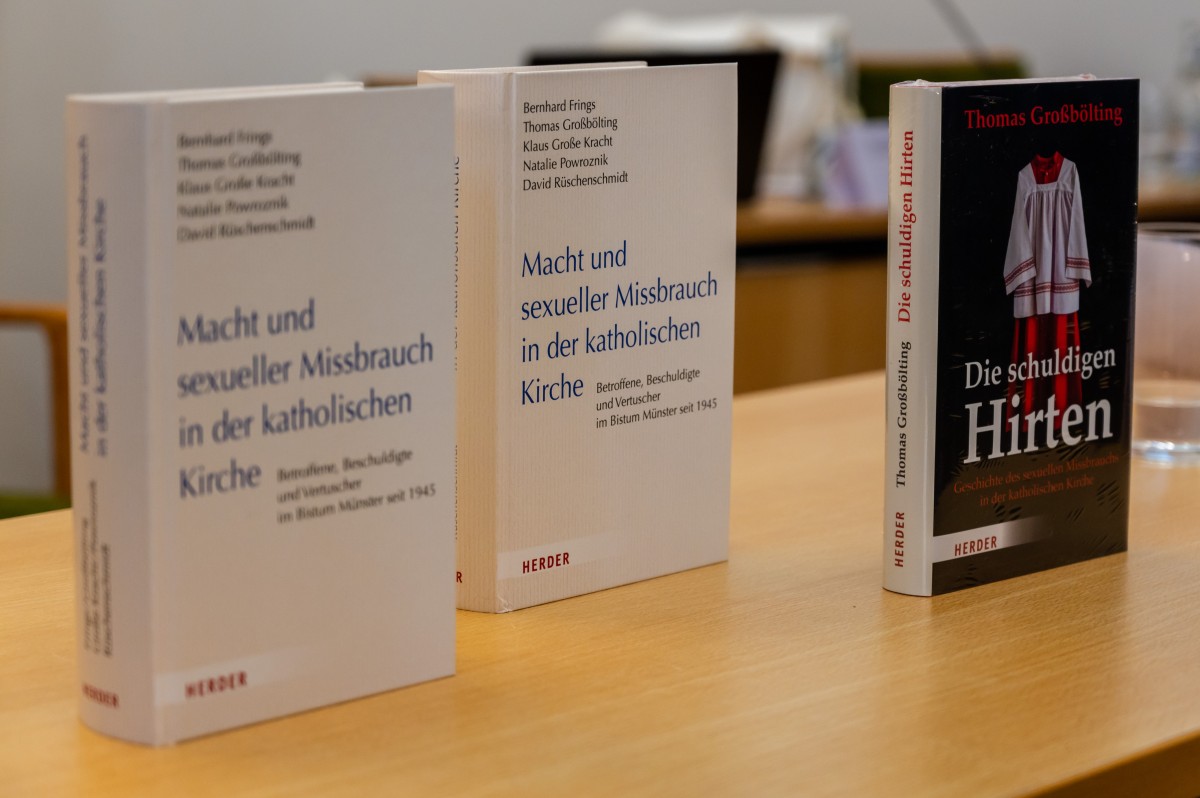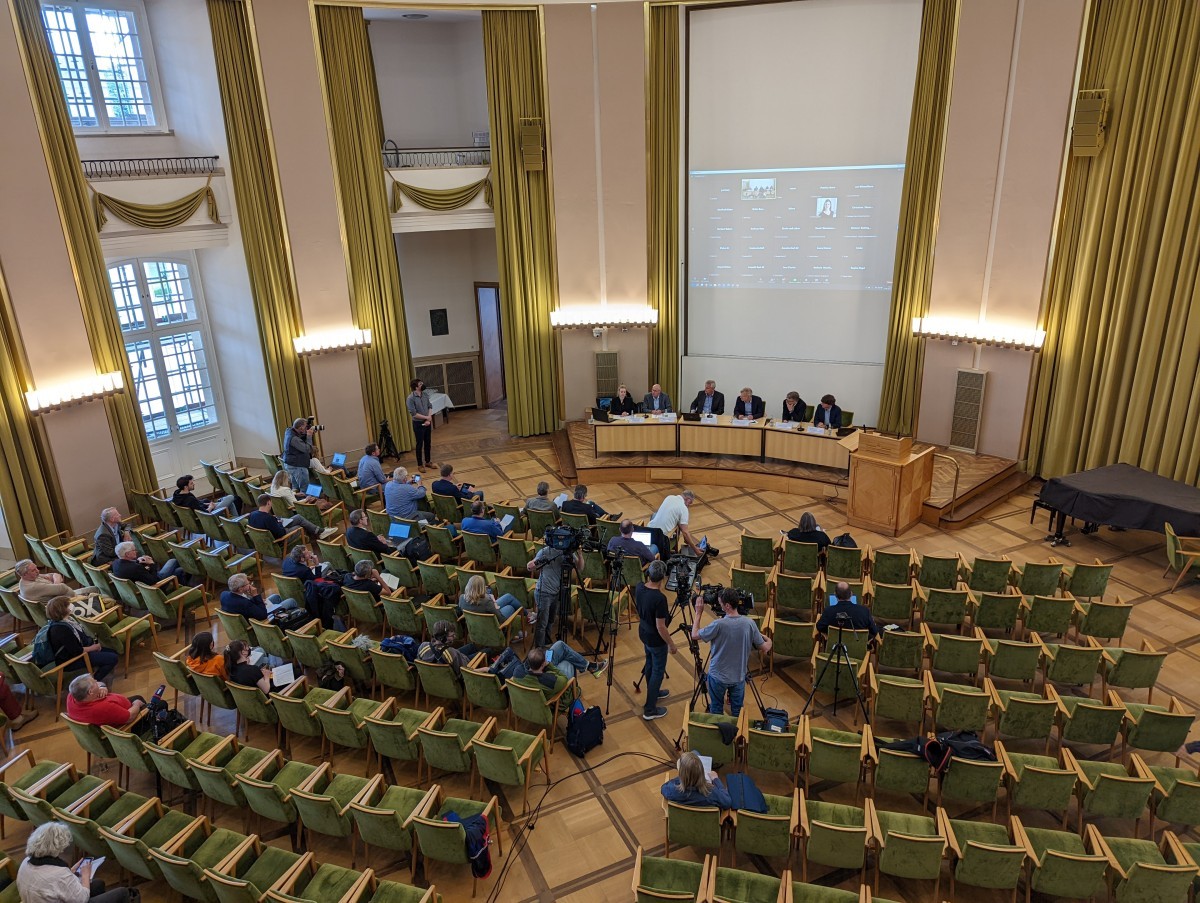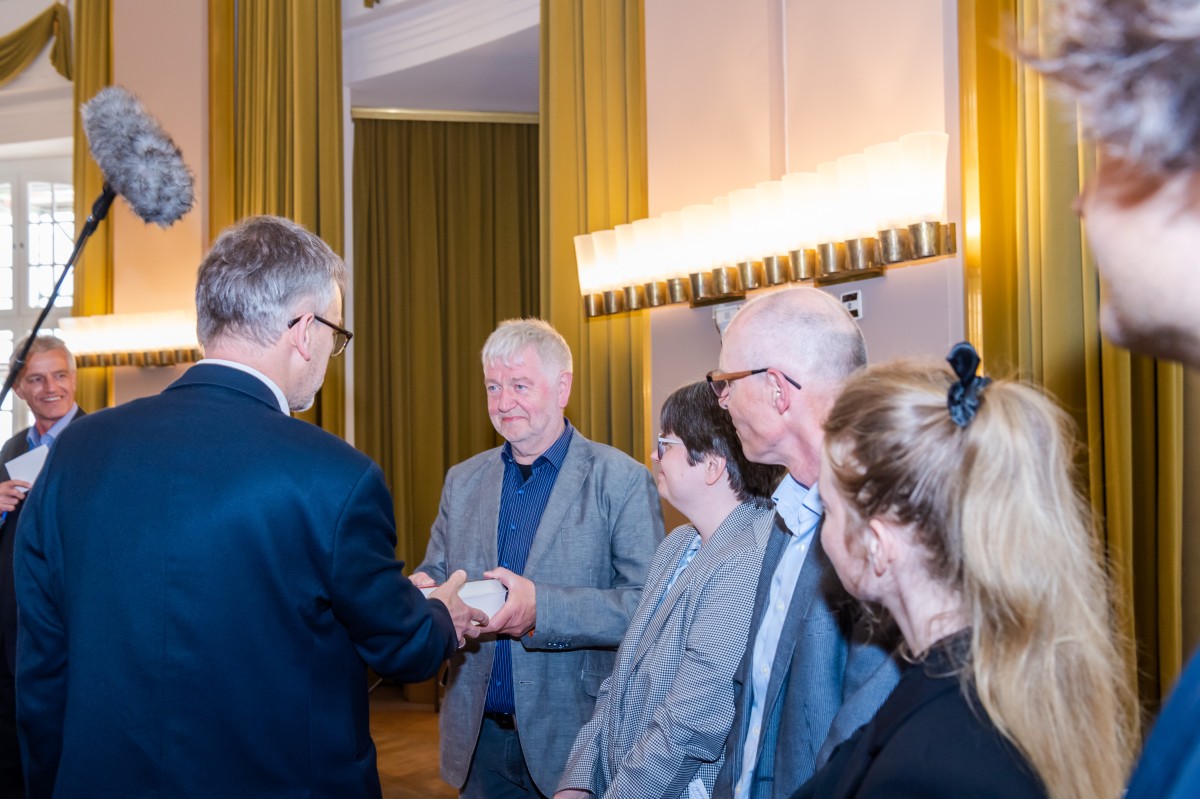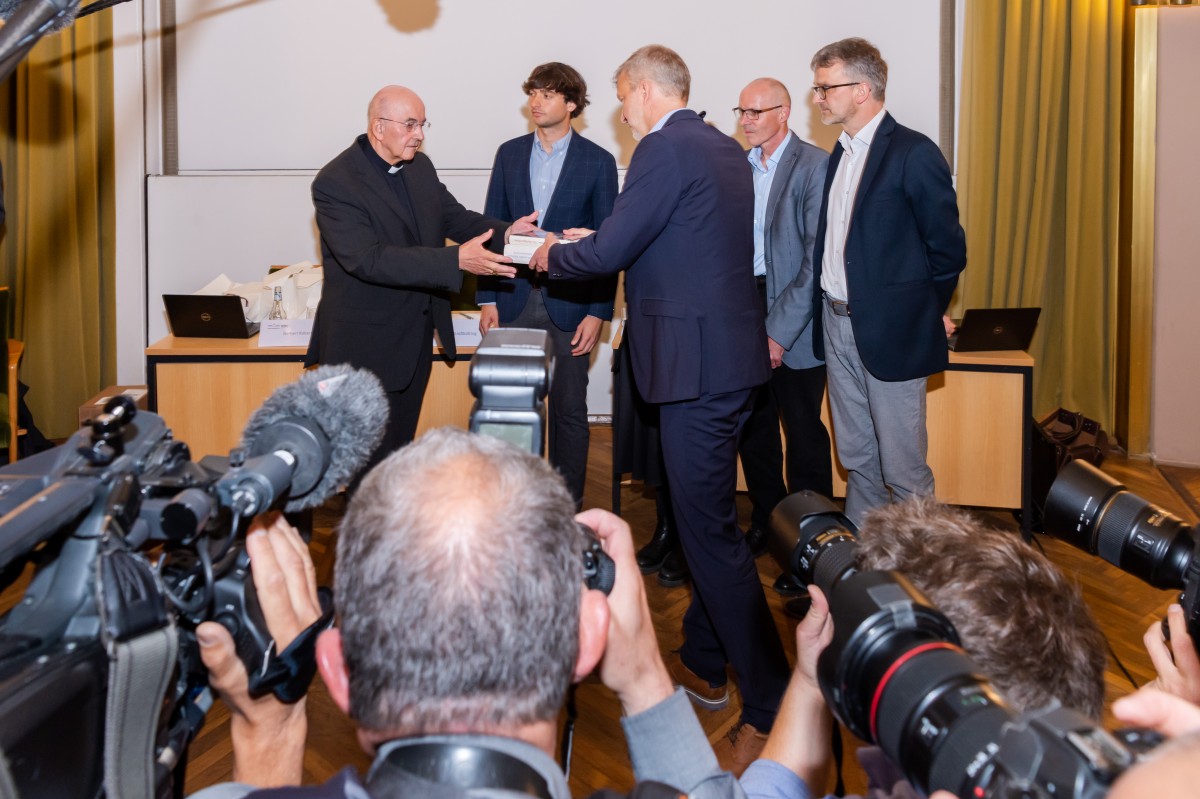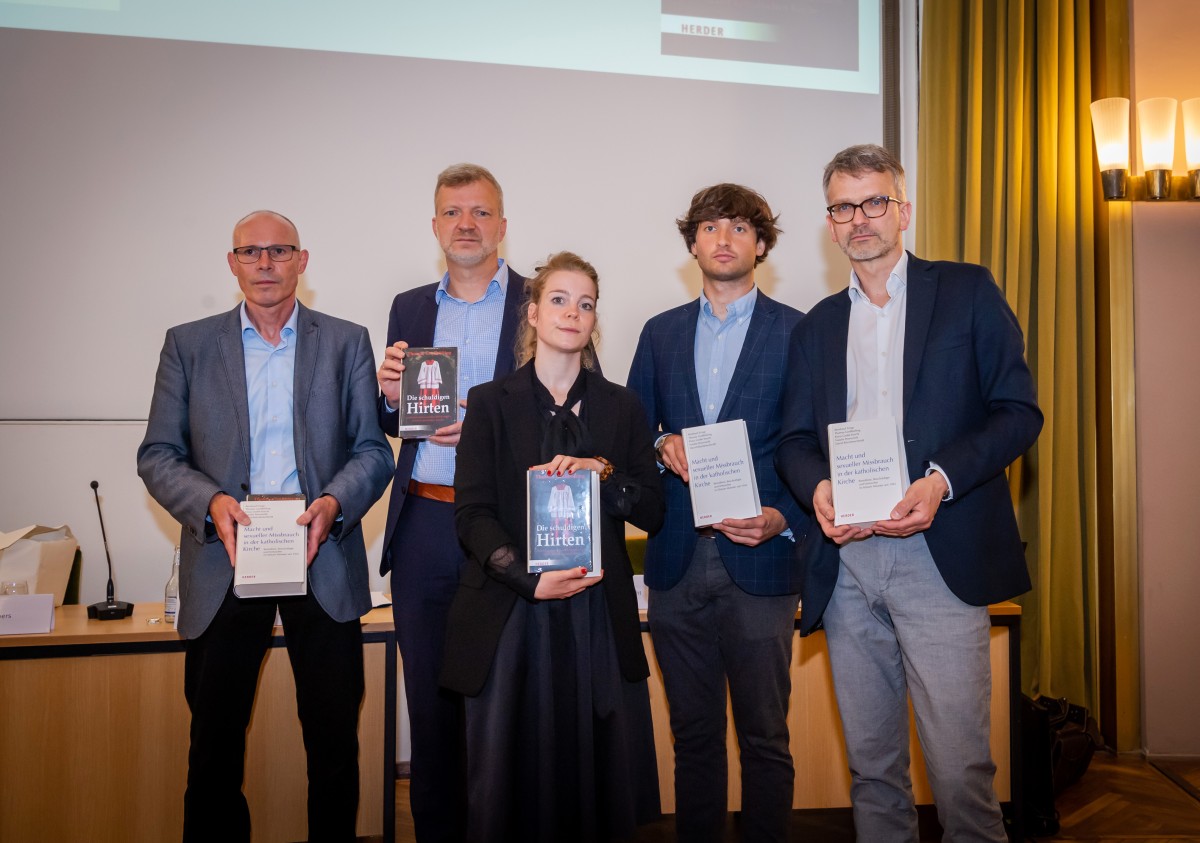
Sexual abuse in the diocese of Münster: at least 196 clerics are accused
Between 1945 and 2020 at least 196 clerics from the diocese of Münster – specifically, 183 priests, a permanent deacon and 12 brothers in an order long under the authority of the bishop – are said to have committed acts of sexual abuse against minors. This is the central result of a study which was started in 2019 and was presented today, Monday (13 June), by a team of researchers from the University of Münster. “The bishops and other people in a position of responsibility in the diocese management knew about the acts, in some cases in detail,” says Prof. Thomas Großbölting, who, together with Prof. Klaus Große Kracht, are principally responsible for the study. “These people knew of many cases – and not only since 2010, when the scandal involving child abuse made such headlines in Germany – in which priests in the diocese of Münster had been sexually abusing children, young people and those in their charge.”
The figure of 196 accused accounts for around four percent of all priests in the diocese between 1945 and 2020. The number of victims, say the writers of the report, is at least 610, although the actual figure is likely to be “considerably higher”. Many of the victims suffered repeated sexual abuse at the hands of the perpetrators and they often felt and feel the mental and physical consequences of the abuse during their whole lives. Around three quarters of the victims were boys, and a quarter were girls. They often had close ties with the church – though being altar boys and girls or being in other groups – and the perpetrators exploited this quite unscrupulously.
While examining the documentation, the researchers discovered that the majority of the clerics accused were merely relocated, without being restricted in the pastoral activities they carried out. “The appalling reality is that those people in the diocese of Münster who had responsibility for the people working under them failed in their supervisory duties as regards the sexual abuse perpetrated by clerics of the diocese,” says Klaus Große Kracht. “They hushed things up, said nothing, and merely intervened in a superficial way when a public scandal needed to be avoided. The victims did not receive any attention from them.”
This “massive failure of leadership” concerns the periods of office of bishops Michael Keller (1947 – 1961), Joseph Höffner (1962 – 1969), Heinrich Tenhumberg (1969 – 1979) und Reinhard Lettmann (1980 – 2008) equally. Even under bishop Felix Genn (since 2009), the management of the diocese initially needed a certain amount of time before they took action against perpetrators in the diocese in the rigorous, unequivocal manner which has become the norm in the diocese of Münster over the past years.
The Münster University researchers – a social anthropologist and four historians – portray the extent, as well as the development and the effects, of the sexual abuse in the diocese of Münster on the basis of twelve cases, a quantitative assessment and an examination of various groups of people involved who had knowledge of the abuse being committed in the diocese. These include the group of therapists and the so-called bystanders – i.e. those people who in their own congregations knew about accusations of abuse but did not intervene. Here, say the researchers, it is possible to recognise not only the way that the pastoral power of priests was long embedded, but also the importance of clericalism from below. Moreover, in their analysis the researchers revealed the internal power and communication structures in the diocesan management which, in many cases, actually made the cover-up possible.
The researchers stressed that they had unrestricted access to the documentation in the diocese and that they were able to speak to numerous victims. The study can be downloaded free of charge at the following address: https://go.wwu.de/aubim-studie (in German).
The researchers have also presented the results of their studies in two books:
Bernhard Frings/Thomas Großbölting/Klaus Große Kracht/Natalie Powroznik/David Rüschenschmidt: Macht und sexueller Missbrauch in der katholischen Kirche. Betroffene, Beschuldigte und Vertuscher im Bistum Münster seit 1945, Freiburg i. Br.: Herder 2022, 589 Seiten.
Thomas Großbölting: Die schuldigen Hirten. Geschichte des sexuellen Missbrauchs in der katholischen Kirche, Freiburg i.Br.: Herder 2022, 288 pp.
The study
The project – which covered the years 1945 to 2020, began on 1 October 2019 and was set to take two and a half years – was set up on the initiative of the diocese of Münster, which provided around 1.3 million euros for it. The two people with principal responsibility for the study are Prof. Thomas Großbölting (formerly of the University of Münster, now Research Centre for Contemporary History at the University of Hamburg) and Prof. Klaus Große Kracht (University of Münster). An eight-strong advisory board accompanies the research and provides advice on compliance with academic and legal standards. Three victims, including the initiator of a self-help group, are also involved.

